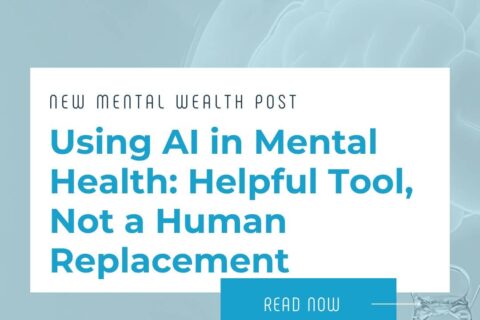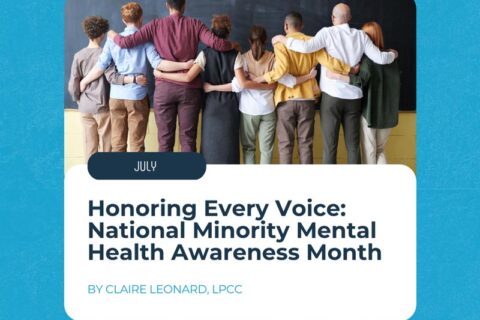Deepening Connection: Enhancing Love Maps for Healthier Relationships
A love map is simply the mental space you hold for your partner’s inner world—their joys and dreams, their fears and worries, their favorite meals, and the things that make them feel safe. When love maps are strong, partners feel known, valued, and emotionally connected. When they’re out of date, even small misunderstandings can create distance.
Why Love Maps Matter for Mental Health
Relationships are a core pillar of our mental and emotional well-being. When we feel seen and known by someone we love, it gives us resilience against anxiety, stress, and life’s daily challenges. Enhancing love maps builds a deeper emotional foundation, which in turn improves communication, reduces conflict, and increases satisfaction in the relationship.
3 Practical Ways to Enhance Your Love Map This Month
Ask Open-Ended Questions
Instead of “Did you have a good day?” try “What was the best part of your day?” or “Was there anything that really stressed you out today?” Open-ended questions create space for real sharing and connection.
Update the Map
Life changes us. Take time to re-learn your partner’s current hopes, goals, and challenges. When was the last time you asked them about what they’re looking forward to—or what they’re afraid of?
Create Rituals of Connection
Gottman encourages couples to make time for regular connection points—a morning coffee together, a daily walk, or five minutes before bed to check in emotionally. These small rituals help keep love maps updated.
A Quick Challenge for August
Take 15 minutes this week and ask your partner five “love map” questions:
What’s your biggest stressor right now?
If you could travel anywhere, where would you go?
Who do you feel closest to right now?
What’s something new you’d love to try?
When do you feel most supported by me?
Even if you’ve been together for years, you might be surprised by what you learn.
Final Thought
Strengthening your love map isn’t just for romantic relationships—it applies to friendships, family members, even your children. When we slow down and truly know one another, we foster connection—and connection is the soil in which mental health can flourish.


